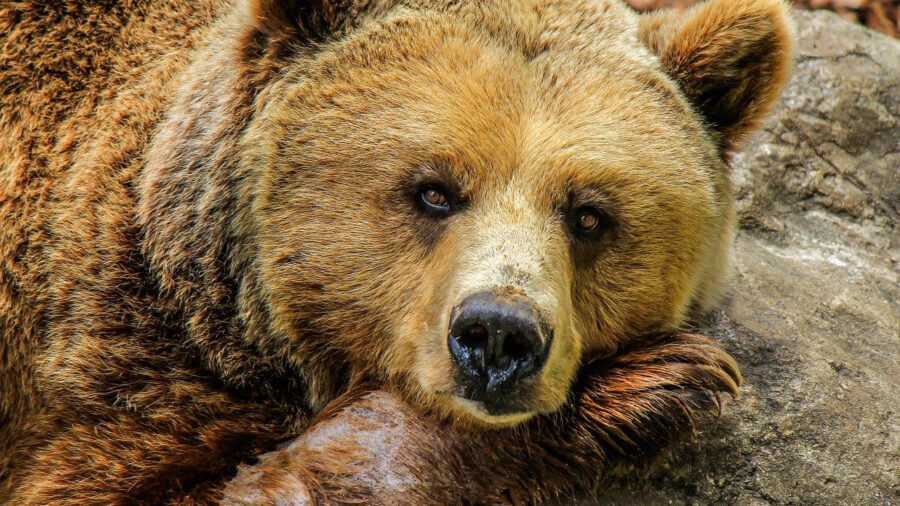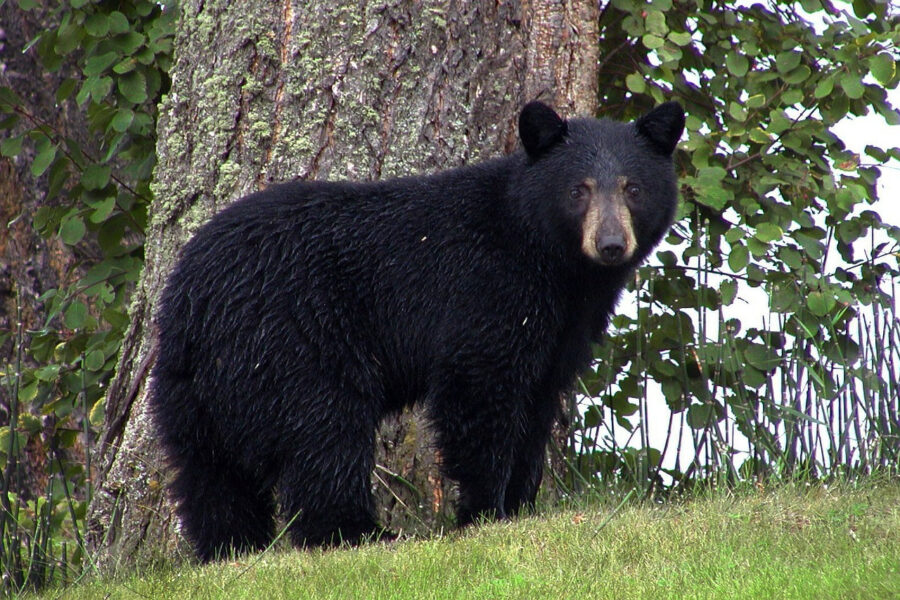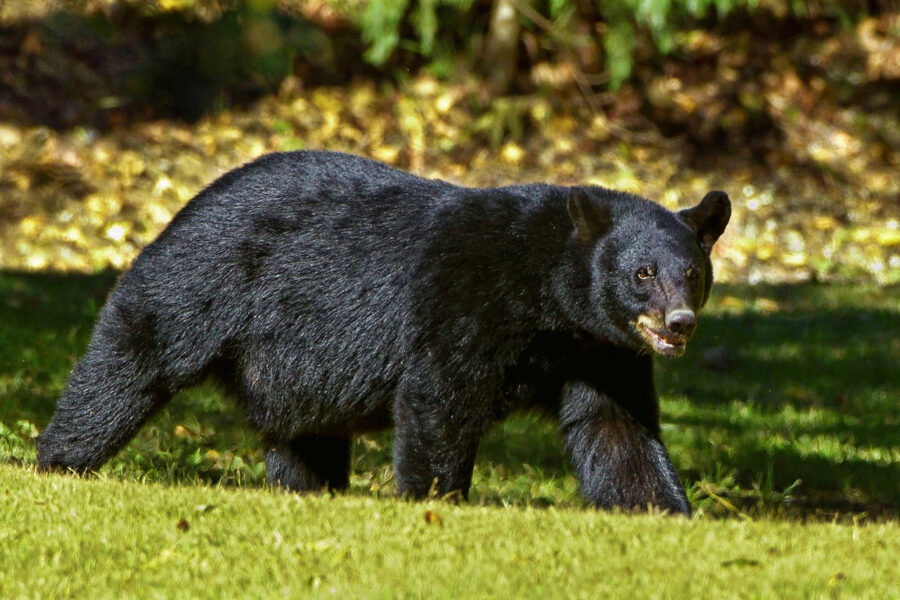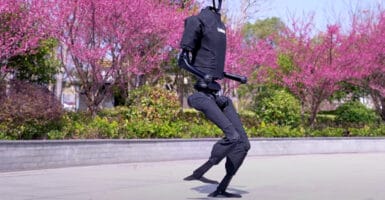Mysterious Disease Making Bears Act Like Dogs
Bears are acting like dogs but it's actually very dangerous.
This article is more than 2 years old

What makes dogs a universal favorite? Their loving, trusting nature and their almost instant trust in human beings, of course! But while these qualities are desirable and loved in dogs, what if another animal starts displaying the same behavior? Recent reports have sighted black bears in California that are suffering from a strange disease that makes them behave like dogs- they are all friendly, and totally unfazed by human presence. While that sounds adorable, it is proving to be a piece of rather morbid news for the bears who are actually dying from this mysterious ailment.
The disease, if left untreated, is known to cause severe lethargy in the bears, major weight loss, tremors, a tell-tale head tilt, and an obvious change in their way of walking. If the recent cases are taken into account, the disease is proving to progress at an alarming rate and is rather deadly. Tests, like preliminary post-mortem and CT scans, performed on bears post their death has revealed that the bears had been suffering from encephalitis. It is a critical disorder in which a virus, fungi, or bacteria causes serious inflammation of the brain tissue.
California Department of Fish and Wildlife (CDFW) biologists are yet to find what causes the disease but they have discovered five new viruses within the bears, which are not normally found in these animals. As reported in the journal PLOS One, the researchers at the CDFW and the University of California Davis have stated that the new viruses belong to the five genera: Circoviridae, Parvoviridae, Anelloviridae, Polyomaviridae, and Papillomaviridae. Incidentally, these viruses were found in the bear’s liver, spleen, and most importantly, they were majorly discovered in their brain tissue.

The very first sightings of such cases in bears were way back in 2014 when the CDFW was informed about a number of young black bears which had been spotted in the Tahoe Basin and were exhibiting abnormal behavior. Like them, many similar cases also cropped up in many California counties and they were all found to be suffering from critical neurological complications.
But after a long gap, such cases are once again appearing. Just last month, a small black bear was found in Pollock Pines in El Dorado County. He was all alone, lethargic, ill, and simply not bothered by the people at a utility worksite. Even when they tried to shoo him away, clapped at him, and yelled to drive him out, he was not affected and simply stayed there.
A few days later, the CDFW received another call but this time the bear had wandered very far away from his natural surroundings and was found near their headquarters. A CDFW wildlife biologist and warden went to investigate the matter and found themselves face-to-face with what they have been seeing on a regular basis now- a bear too young to be on his own, having a “dog-like” demeanour, absolutely unfazed by the presence of people, and wasn’t even the least bothered by the presence of the CDFW authorities. The bear went ahead and picked up an apple to eat in front of them.

“Physically and mentally, the bear just didn’t seem quite right, walking oddly, dull, and not responsive like a normal bear should be,” the CDFW said in a statement.
Veterinarians, in a bid to closely observe and evaluate the disease, took in the black bear. They discovered that in addition to being quite unlike a regular bear, he was severely malnourished and underweight as per his age. Within a week, the situation worsened and his health deteriorated, pushing the veterinarians to end his sufferings by euthanizing him.
Currently, CDFW biologists and veterinarians have no idea how the bears are catching this severe disease, why it is having the effect it is having, whether it is transmittable from one bear to another, and if it can be passed on to humans as well. For now, the public has been cautioned to be safe and keep their distance from any black bear, no matter how friendly he looks.












